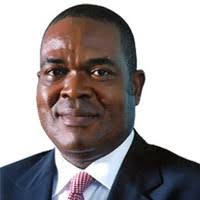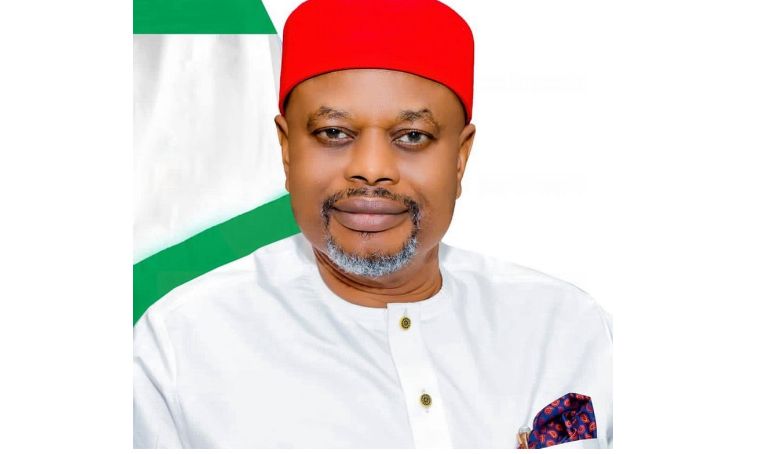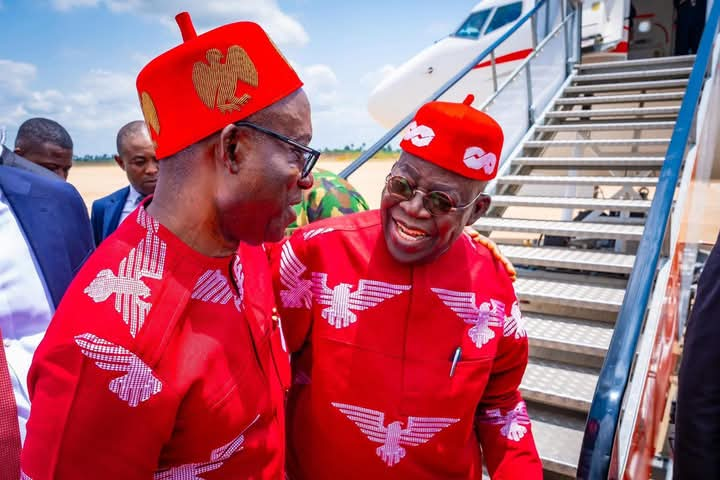By Marcel Okeke
President Bola Ahmed Tinubu took a major step towards the realization of the proposed national population and housing census by inaugurating an eight-man high-level committee led by the Minister of Budget and Economic Planning, Senator Atiku Bagudu. The committee’s mandates include reviewing the census budget, proposing funding sources, and recommending a viable census date.
The committee which is also tasked with ensuring the census is conducted in a timely, credible, and cost-effective manner, has been given a three-week deadline to submit an interim report, which will contain the census timeline and funding readiness. On the occasion of the inauguration of the committee, President Tinubu said the census was crucial for national development, accurate planning, and effective decision-making in healthcare, education, security, and economic planning.
Nigeria had its last national population and housing census almost two decades ago in 2006. Though the exercise was marred by many controversies, misgivings and criticisms, it recorded a population of 140.4 million for the country. One of the key issues about the census was the dispute over the population figure, with some states rejecting the results and others endorsing them.
It is noteworthy that Lagos State, for instance, under (then Governor) Bola Ahmed Tinubu (now President of Nigeria), called for a complete recount, claiming the census figures were false, while (the then President) Olusegun Obasanjo dismissed such critics as “confusionists.”
Unfortunately, the recently constituted eight-man national census panel seems to be laying the foundation for another controversial exercise. The composition of the committee alone unabashedly gives credence to a highly parochial approach to a national project.
This high-level committee that would ensure that the proposed census was conducted in a timely and “credible” manner is made up of persons from only three out of the six geopolitical zones of the country. So, from the outset, rather than a stance of inclusiveness, the composers of the panel have taken an exclusionist posture.
Specifically, the eight-man panel has members only from the Northwest, Northcentral, and Southwest geopolitical zones. Apart from Bagudu who is chairman of the committee, the other members are: Nasir Isa Kwarra (Chairman of the National Population Commission, NPC, who will also serve as the secretary), Alhaji Muhammed Idris Malagi (Minister of Information), Abisoye Coker-Odusote (Director-General of the National Identity Management Commission, NIMC).
Other members of the committee include: Mr. Wale Edun (Minister of Finance and Coordinating Minister of the Economy), Dr. Zacch Adedeji (Chairman of the Federal Inland Revenue Service, FIRS), Hakeem Muri-Okunola (Principal Private Secretary to the President), and Mrs. Nathan-Marsh (Senior Special Assistant to the President on Administration and Operations, Office of the Chief of Staff). While Bagudu and Malagi are from the Northwest, Kwarra and Nathan-Marsh are from the Northcentral, the rest (five) are from the Southwest.
So, whither the Federal Character in this crucial foundational step to the so-called ‘national’ population and housing census? Section 14(3) of Nigeria’s 1999 constitution (as amended) expressly mandates the Federal Government to compose itself and its agencies in such a manner that reflects federal character, ensuring that no particular region or ethnic group dominates the others. Therefore, the lopsidedness of the census panel already signposts bias, prejudice, and parochial mindset that would hallmark the proposed headcount.
At the sittings of the President Tinubu census panel, who will put issues on the table from the standpoint or viewpoint of the Northeast, the Southeast and South-South? Population and housing censuses are usually grassroots-driven and inclusive exercises that require the buy-in and support of the entire polity. Leaving out any segment, section or region right from the outset, makes the entire census susceptible to controversies, criticisms and/or outright rejection of the outcome.
The emphasis on funding or funds sourcing for the proposed census, as part of the core mandate of the Presidential census panel, also puts a huge question mark on the importance and exigency of the exercise. In fact, the census committee is mandated to “look into domestic and international resources to fund the census.” From all indications, the 2025 budget of the National Population Commission (NPC) does not include funding for the (proposed) census.
If by the middle of the four-year term of the President Tinubu administration (May 2025), focus is still on the sourcing of the funds for the census, it becomes really doubtful whether the crucial census itself would be executed this year. The three-week deadline for the census panel to submit its report (interim or not) shows a rush to realize the project.
Already, the Federal Government is facing a serious revenue shortfall in its N54.99 trillion 2025 budget. In-built in the budget is a huge deficit of N13.39 trillion; an expected revenue of N36.35 trillion, and projected expenditure of N49.74 trillion. For the better part of this year, unfortunately, the price of crude oil has remained far below the US$75 per barrel benchmark in the 2025 budget.
The unfolding global economic turmoil, driven by a raging tariff war, is likely to worsen the fiscal profile of Nigeria, as the nation struggles to service a public debt that is nearing N150 trillion. And yet, the Federal Government seems to keep on with its borrowing spree: from the local market, multilateral and global financial institutions.
With respect to the timeline for the proposed census, the socio-economic and political tension and uncertainty in Nigeria currently do not provide the environment for the crucial headcount. The dire security situation in many parts of the country in which a number of hamlets, villages and communities are being exterminated by armed insurgents, terrorists/bandits is definitely unconducive for the census exercise.
For months-on-end, many communities in a number of states in Nigeria have remained under a siege; with daily reports showing dozens of people being killed by invading insurgents, terrorists, bandits and herdsmen. Natives of those places keep fleeing in their numbers to internally displaced persons (IDPs) camps that have been springing up like mushrooms.
In point of fact, no state in Nigeria is immune to the spate of insecurity that has snowballed into an existential threat. Under this milieu, can the Federal Government pull through the crucial census? And, if per chance, the exercise is moved to 2026, it is most likely to be swamped by political activities in the buildup to 2027 elections.
This was exactly what happened during the President Buhari era; as the preparations for the (then) proposed census was going on simultaneously with the hustings for the 2023 elections. In the end, Buhari had to cancel the census he scheduled for May 3-7, 2023, few days to the end of his tenure—after eight years in office!
Among the reasons for the last minute abortion of the exercise were insufficient funding, the NPC’s inadequate preparedness, and proximity of the scheduled census to the end of Buhari’s administration. This was after hundreds of billions of naira had been sunk into a long-drawn preparation by the NPC. The census body had already conducted the Enumeration Area Demarcation (EAD) of the country; the first and second census pretests, the recruitment and training of ad-hoc workers.
The NPC had also completed the procurement of Personal Digital Assistants (PDAs) and built the requisite ICT infrastructures. All these have been lying waste—now pending the decisions of the President Tinubu high-level panel.
Under President Goodluck Jonathan, there was also a failed attempt at a national population and housing census, proposed for 2016. Festus Odimegwu (former Managing Director of Nigerian Breweries) who President Jonathan appointed head of NPC in June 2012, got frustrated and resigned in October the next year.
Although Eze Duruiheoma who succeeded Odimegwu ran the NPC from 2014 to 2019, he made no tangible progress in realizing the elusive national population and housing census. In summary, in spite of efforts by successive administrations to have a credible census in Nigeria, the objective has been largely elusive.
Already, again, the composition of the current census panel, has sent the wrong signals to various interest groups and stakeholders. The exclusionist outlook of composers of the committee, among other impediments highlighted, could stifle the process; or render its outcome otiose. Some steps really badly need to be reordered!
The author, Okeke, a practicing Economist, Business Strategist, Sustainability expert and ex-Chief Economist of Zenith Bank Plc, lives in Lekki, Lagos. He can be reached via: obioraokeke2000@yahoo.com (08033075697) SMS only





